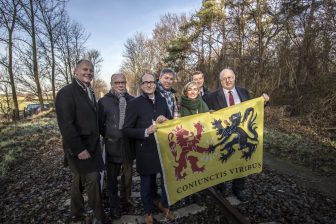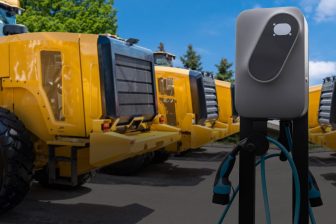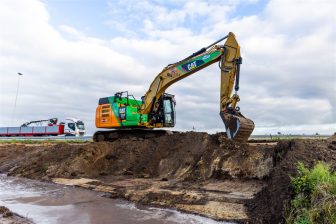Nepal to develop water supply and sanitation project
Japan, the Netherlands and ADB Fund Water and Sanitation Project Design for Nepal
MANILA, PHILIPPINES – Japan and the Netherlands, in partnership with Asian Development Bank (ADB), are helping prepare a project design to develop the water supply and sanitation sector in small towns in Nepal, bringing the country closer to achieving the Millennium Development Goals for environmental sustainability.
The preparation of the Improved Water Quality, Sanitation and Service Delivery in Emerging Towns Sector Development Program is estimated to cost $848,000. The Netherlands, through the Water Financing Partnership Facility, is extending a $120,000 grant, while the Japan Special Fund is providing a $600,000 grant for the project. The funds will be managed by ADB. The balance of the program cost will be covered by the government of Nepal.
ADB created the Water Financing Partnership Facility in 2006 to mobilize cofinancing and investments from development partners for the water sector of developing member countries.
“Nepal has abundant water resources, but population and development pressures, competing uses, and in some cases, poor water resource management, have compromised quantity, quality and access to clean water and sanitation,” said Tatiana Gallego-Lizon, urban development specialist of ADB’s South Asia Department.
While efforts by the government have raised living standards, Nepal remains one of the poorest countries in Asia, with human development indicators among the lowest in the world. The country is fully committed to achieving the United Nations’ Millennium Development Goals, which calls for, among others, halving the proportion of people without sustainable access to safe drinking water and improved sanitation by 2015.
Progress in sanitation has been significant, with the proportion of the population with sustainable access to improved sanitation at 40% in 2005, up from just 6% in 1990. However, this remains well below the projected 2015 Millennium Development Goals target of 53%. The grant will help improve basic water supply and sanitation infrastructure and services in emerging small towns in Nepal by providing support for strengthening policy and institutions as well as preparing a comprehensive feasibility study for infrastructure development.
U las zojuist één van de gratis premium artikelen
Onbeperkt lezen? Profiteer nu van de introductieaanbieding voor € 10,- per maand.
Bent u al abonnee?



